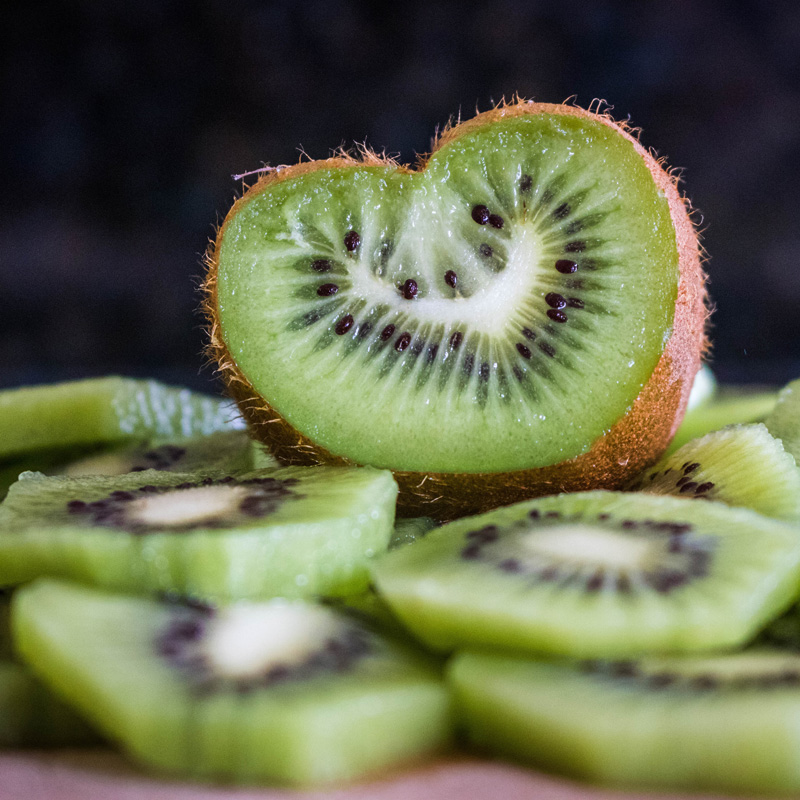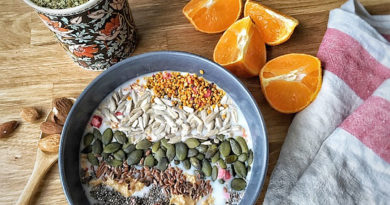Three Foods to Decrease Inflammation
If you have been learning about Ayurveda then you will know that there is a correlation between excess pitta dosha in the body and inflammation. The pitta dosha is responsible for metabolism, digestion and transformation in the body and when these functions are compromised it often leads to chronic inflammation. Chronic inflammation has been called the “Secret Killer” by TIME magazine but through Ayurvedic diagnostics chronic inflammation can be detected early.
The reason chronic inflammation is finding its way into mainstream media is because they love to use fear tactics and it has been implicated in most major diseases. The inflammatory response however is a normal and natural response. What is not normal is when it becomes chronic. In general inflammation is the swelling, irritated skin, pain and muscle splinting that is associated with an injury or infection. The process of inflammation cleans and repairs the wound.
If however the inflammatory response continues to break down tissues in order to clean the wound and the immune system is not down regulated so that it can detect future invaders many health problems can arise. Yahoo Health cites diseases such as heart disease, cancer and Alzheimer’s as caused by chronic inflammation.
Inflammation is not only caused by injury it can also be caused by our diet. That is why Ayurveda places such importance on the digestive system and the foods we consume. Many foods that decrease the pitta dosha in the body have also been found to have anti-inflammatory properties.
Three Pitta Decreasing Superfoods

1 – Green Tea
Many people are aware of the many antioxidants and nutrients that can be found in green tea. Although the caffeine can be stimulating green tea is excellent for reducing inflammation. A small cup a day is the perfect amount to allow the beneficial phytonutrients to bio-accumlate until inflammation becomes a thing of the past. Drinking green tea will also improve brain function, accelerate fat loss, a lower risk of cancer and inflammation caused diseases. Other types of tea like black and oolong can be useful as well, but they are more processed and have less of the vital nutrients that green tea possesses.

2 – Pistachios
Omega 3 Fatty Acids have been found to decrease inflammation and the fats and oils in pistachios were found to have similar bioactive compounds in a 2009 study. The oil in pistachios decreases pitta by affecting inflammatory markers and insulating cells against chronic inflammation. In addition to their anti-inflammatory effects pistachios have a host of other medicinal compounds called phytochemicals as well.

3 – Kiwi
Lastly is a tangy tropical fruit that has been shown to reduce inflammation because of a large amount of antioxidants. Oxidation within the body is like cellular rust and causes inflammation. The Kiwi fruit reduces the damage caused by oxidative stress and free radicals. In Ayurveda the special potency or action of a food is called “prabhava” and kiwi has a special affinity for the joints. Because of this it is excellent at fighting against repetitive stress, joint inflammation and viral or bacterial infections in the joints.
Conclusion
Using food as medicine takes time and although these foods can be helpful they are best if used as part of a holistic healing program that is focusing on improving digestive and immune function. Many foods contain similar anti-inflammatory properties and can be incorporated into your healthy diet.




